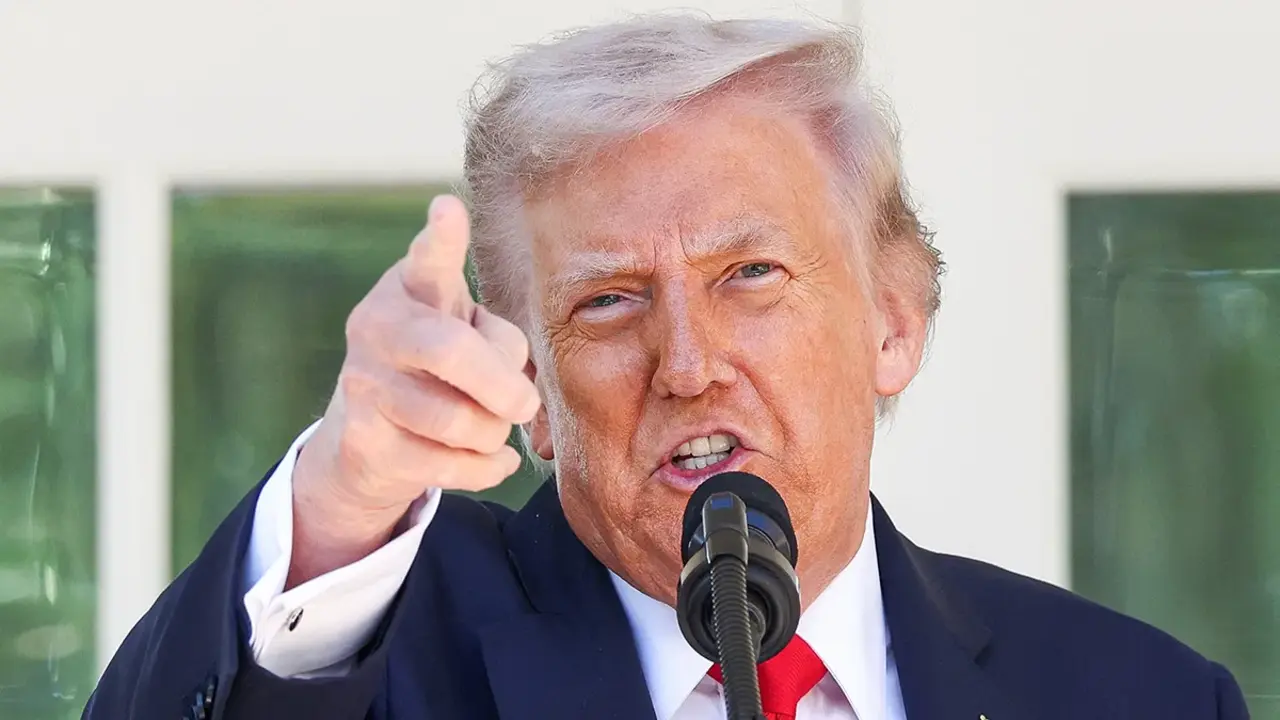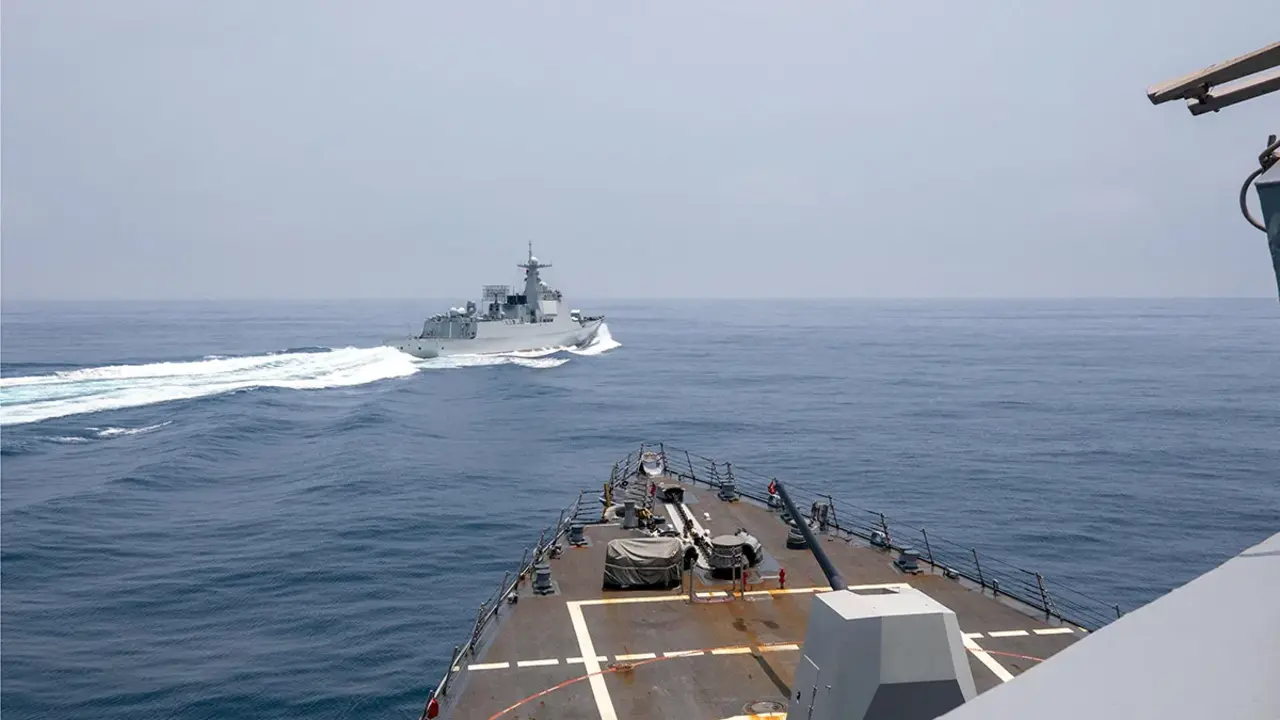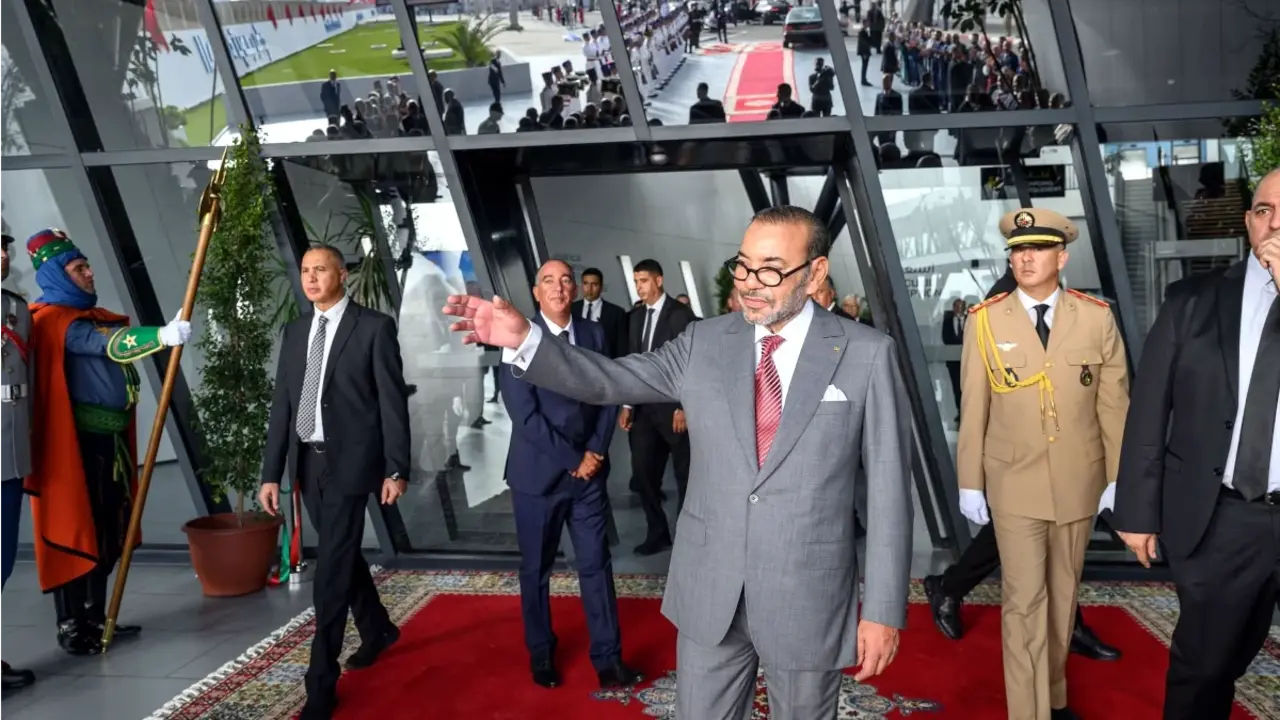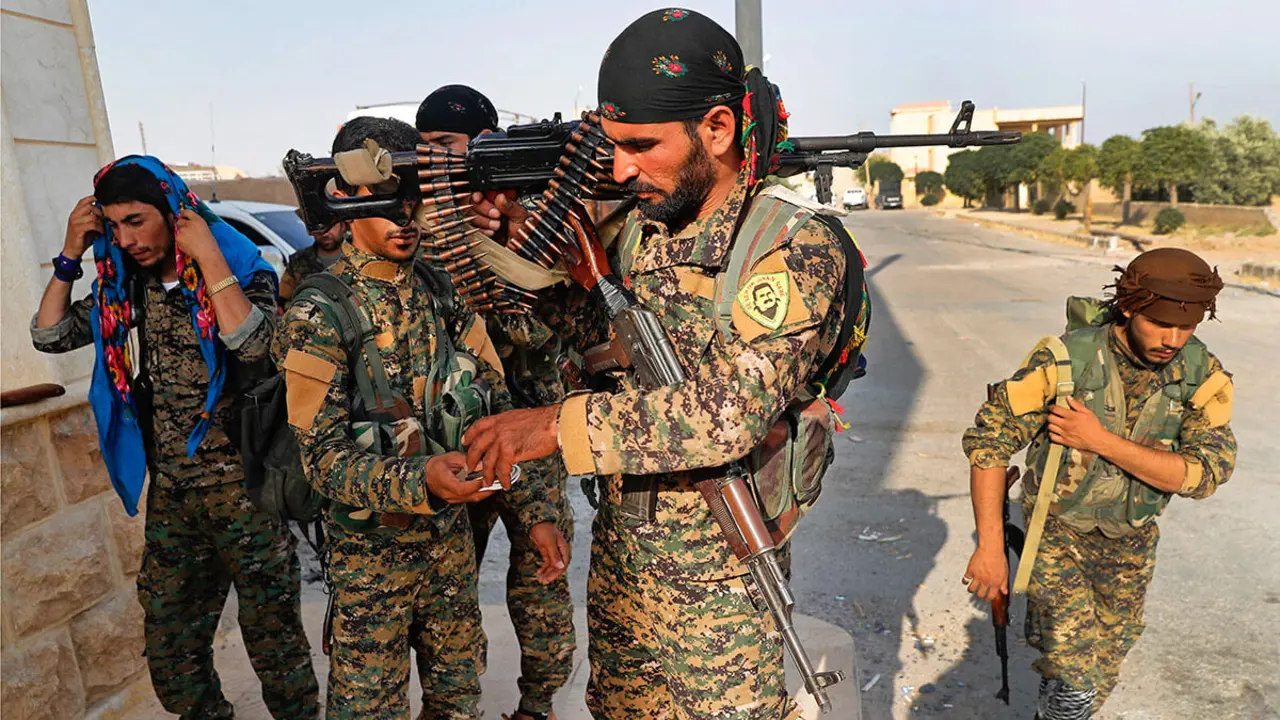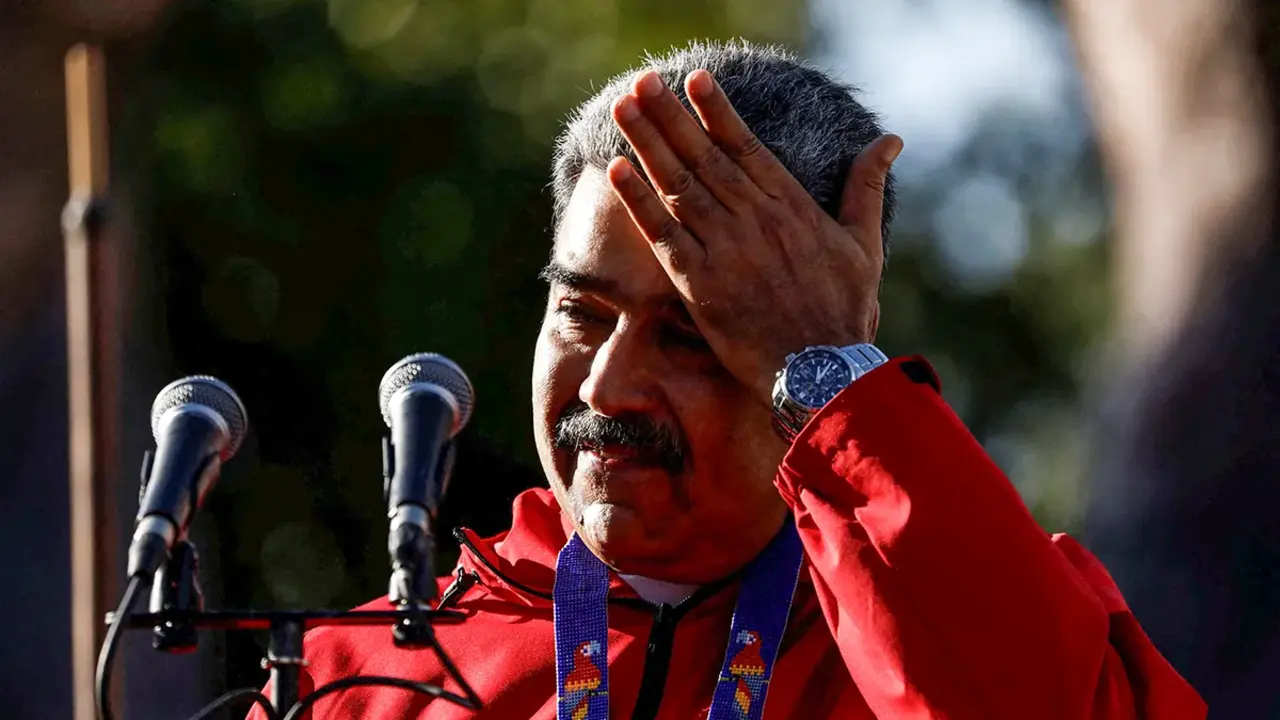The peace that has yet to come in Yemen

Almost a decade after the coup d'état that marked the beginning of the war in Yemen, the conflict could be close to ending. At least that was the most widespread idea among observers after the re-establishment of diplomatic relations between Saudi Arabia and Iran, which are at loggerheads on Yemeni territory in support of the internationally recognised president Abdo Rabu Mansur Hadi (now ex-president after ceding power to a Presidential Leadership Council headed by Rashad al-Alimi, Hadi's advisor since 2014), and the Houthi militias, respectively. What worries the international community is the slow pace at which optimism is turning - or, precisely, failing to turn - into action.
While it is true that progress has been made in recent months, the gravity of the humanitarian crisis compels the countries involved to step up their efforts. Not since the Second World War has there been a humanitarian catastrophe on this scale. More than 400,000 people have died as a direct and indirect result of the war. However, one of the most striking consequences of the war is the poverty of the population. Of Yemen's 30 million people, 23 million are in need of humanitarian aid, and two million children suffer from acute malnutrition. And although the solution to the armed conflict is still in process, aid to Yemenis has two main actors in the region, Saudi Arabia and the United Arab Emirates.

Saudi Arabia: achieving peace through humanitarian aid
Riyadh had an obligation to be a major supporter in terms of humanitarian aid. Its involvement in the conflict, leading the way in supporting Yemen's legitimate government, made Saudi Arabia one of the most involved parties in this process. They became Hadi's main bastion of defence against Iranian-backed Houthi attacks. This was achieved thanks, in large part, to Western supplies, which filled its coffers thanks to Saudi arms investment.

Hence, the country led by Mohammed bin Salman de facto focuses on this new stage of the war in Yemen as a moment in which to lead the peace process. And this step, Riyadh believes, should be taken through humanitarian aid. The King Salman Humanitarian Aid and Relief Center appears to be one of the keys to this crossroads. With a presence in 92 countries, Yemen and Syria are the two that benefit most from the aid of this organisation, which focuses on health, education, shelter, protection, food security and drinking water.
In addition to humanitarian aid, Saudi Arabia is negotiating with the Houthi militias. As with all these processes, they are progressing without excessive speed, but successfully, at least in the initial contacts. Proof of this is the resumption of flights between Sana'a, Yemen's capital, and the Saudi city of Jeddah. It has been seven years since any aircraft completed this connection, which many Yemenis now see as an opportunity to leave a country where movement, although efforts are being made to improve it, is still very complicated.

In fact, it is one of the objectives set by the United Nations, which expressed its optimism based on the re-establishment of flights between Yemen and Saudi Arabia. The UN special envoy to Yemen, Hans Grundberg, considers that the three steps that must be taken in order to move towards a resolution are, first and foremost and as a matter of the utmost urgency, a general ceasefire. After that, the resumption of the political process and the facilitation of passage for the civilian population are necessary. All of this, Grundberg said on his Twitter account, must be done under the supervision and auspices of the United Nations.

UAE demonstrates its commitment to the Yemeni people
UAE President Mohammed bin Zayed received Rashad Al Alimi at the end of May in a meeting in which the Emirati expressed his wishes for "peace, stability and development". This is not an isolated event, as Emirati support for the Presidential Leadership Council has been constant since Hadi stepped aside to leave this body in charge of the country. The meeting a few weeks earlier between Yemeni Foreign Minister Ahmed Awad Bin Mubarak and the UAE ambassador to Yemen is another example. They were tasked with coordinating "bilateral relations, ways to develop them and positions on issues of common interest".
The UAE has been reaching out to the Yemeni people for years. It has provided more than $6 billion in assistance to Yemen since 2015. Most of this money has gone to improving the health situation and providing public services to the country in order to ensure the proper functioning of education, medical programmes and vital services such as energy. In addition, at a time as difficult as the COVID-19 pandemic, the UAE was one of the largest providers of aid to Yemen, as Reem bint Ibrahim Al Hashemy, UAE Minister of State for International Cooperation, said: "During the course of the pandemic, the UAE has sent 122 tonnes of medical supplies to Yemen to boost the efforts of some 122,000 health workers to contain the virus".

The UAE's strategy has evolved as the conflict has evolved. Abu Dhabi abandoned its military commitment and focused its efforts on a political solution, seen as the only way out of the country's nine-year hole. They also called for greater unity on the part of the international community as they saw an urgent need to help the Yemeni people who "have suffered for too long from the effects of the worsening humanitarian situation". "The international community must unite to intensify efforts to achieve a sustainable solution for Yemen," said Al Hashemy, a new sign of Emirati commitment that, like that of Saudi Arabia, clashes with the Houthis' lack of will to put an end to the conflict.
The still complicated Houthi barrier
The Iranian-backed Houthi militias represent one of the most difficult walls to overcome on the road to peace. Although initial contacts have been positive, the arms trade between the Iranians and the rebels leaves no room for complacency. Hence, the US Navy is keeping a watchful eye out for possible seizures of shipments from the Ayatollah regime, as it has already done on numerous occasions. Earlier this year, for example, a new shipment of over two thousand Iranian assault rifles destined for Houthi militias was intercepted.

The Tehran-backed Houthis have shown an ironclad stance throughout the conflict that only Saudi Arabia's rapprochement with Iran has been able to break. The head of the Houthi Supreme Political Council, Mahdi al-Mashat, received a delegation led by the Saudi ambassador to Yemen, Mohamed al-Jaber, and an Omani delegation, a country bordering Yemen and an important player in the peace process. The first proposal put forward by Saudi Arabia established as key points "the increase in the number of flights to Sana'a airport - already underway -, the resumption of oil exports from the country's ports, the opening of roads in the province of Taiz, the release of all prisoners and the transport of goods directly to the port of Aden".

The Saudi delegation's trip was hailed by the UN as "the closest Yemen has ever come to real progress towards lasting peace". Riyadh must seize the window of opportunity opened by the restoration of diplomatic ties with Iran to finalise a peace tainted by its longed-for control of Yemen's oil production, as well as its strategic geographic location. The Saudis and Iranians clashed over control of a country that has only "lost 1 billion dollars by stopping oil exports that were to be used to pay salaries and improve public services".
After years of dispute, the only thing that has been achieved is the decimation of Yemen's impoverished coffers. An oil-rich country that has plunged into a crisis from which it will not be able to emerge without substantial aid, jointly from the Saudis and Iranians, which will be in the near future or not at all. However, the current context forces complicated decisions for the parties involved. Saudi Arabia has shared strong ties with Washington, especially during the presidency of Donald Trump, with whom Bin Salman had a close relationship, but with Joe Biden the situation is not the same. The US has been losing its presence in the region and its willingness to isolate Iran through Israel could be compromised.

Towards a new Middle East configuration
If Trump's time in the White House has made one thing clear, it is that foreign policy, for better or worse, was one of his priorities. The push for the Abraham Accords, thanks to which the Emirates, Bahrain and later Morocco recognised Israel as a state, is one of the most notable developments, but not the only one. He forged a strong alliance with Riyadh that Biden has neglected to the point of making the Saudis see that they can look for new partners in the East. Oil deals with Eastern countries are a major source of revenue for Saudi Arabia. China, India, Japan and South Korea alone account for 65 per cent of Saudi oil exports.

To this good economic harmony must be added China's growing, albeit not incipient, influence in the Middle East. With the ambitious Silk Belt and Road Initiative in mind, Beijing has put all its machinery to work to score points with the countries of the region. And it has done so in no better way than by fostering rapprochement between Riyadh and Tehran. Closing the seven-year rift is a key development, as is Syria's return to the Arab League.
The country led by Bashar al-Assad has Saudi Arabia's blessing, despite the major differences that have historically marked their relations. Nonetheless, it has plans that, given the shift in the strategic chessboard in the Middle East, could benefit from a new configuration of alliances. With Saudi Vision 2030 ever present, Riyadh seeks regional stability. The goal of moving away from oil dependence and diversifying its economy requires a context of peace and security, which it could find thanks to these approaches.

This is why Riyadh welcomes the rapprochement with China - and Russia, a key player in Syria's return to the Arab League. Achieving a united Middle East with prosperous relations, a context that was unimaginable a short time ago and is still difficult to achieve today, would favour Saudi interests, which consider this option more advantageous to their interests. One more reason to distance itself from the belligerent gaze of the Israelis and Americans, who thus see a loss of influence in the region. All of this makes it clear, once again, that Yemen is the cornerstone of relations in the Middle East and that much of what happens in the region depends on the historic conflict that is moving towards peace..


